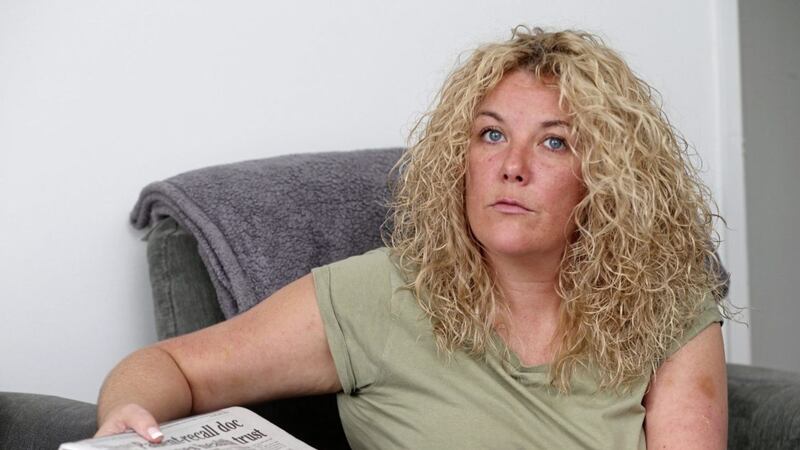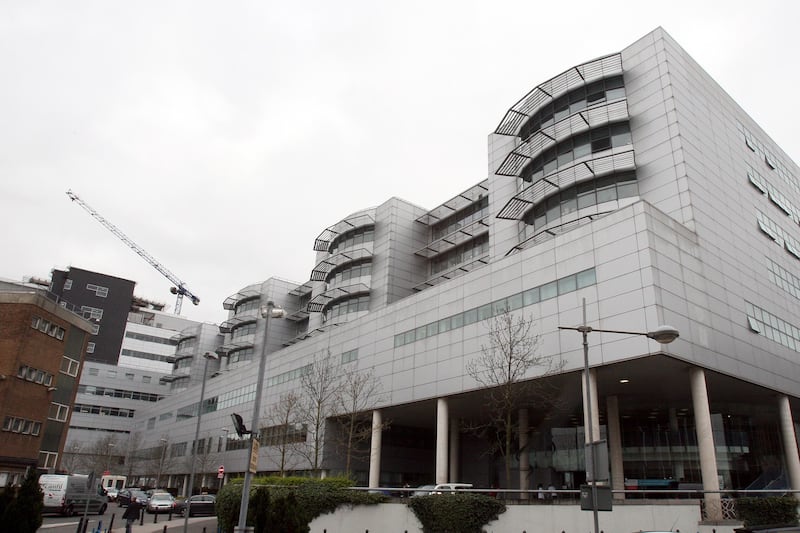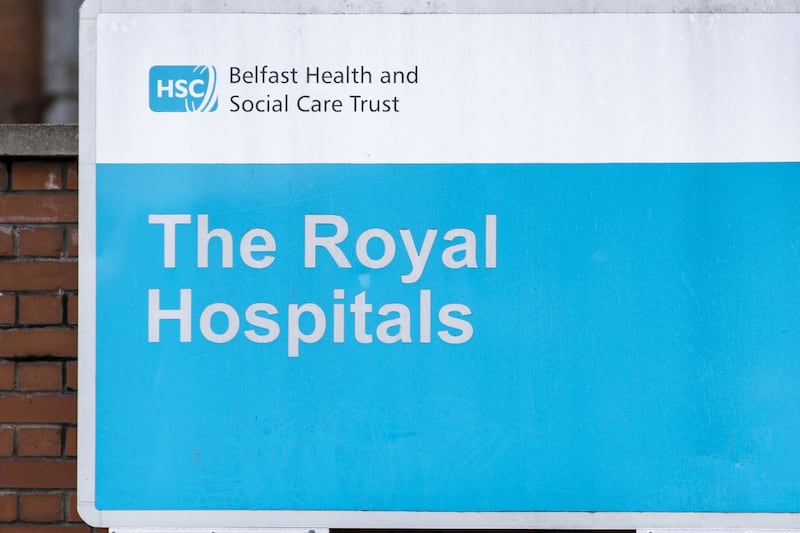HEALTH chiefs have confirmed they are exploring "alternatives" to a compensation scheme for patients caught up in the neurology recall scandal in order to speed up the process.
The development comes a day after The Irish News revealed Dr Michael Watt, the consultant at the centre of Northern Ireland's biggest recall, has left his job at the Belfast trust.
Almost 3,000 former patients of Dr Watt were re-assessed following "safety concerns" about work, including fears around misdiagnosis and drug treatments.
Within days of the recall announcement in May 2018, the most senior civil servant at the Department of Health, Richard Pengelly and Chief Medical Officer, Dr Michael McBride pledged a 'redress' scheme for those whose misdiagnosis may have "profound implications".
However, they said such a move would require ministerial sign-off.
Hundreds of patients, including those who were wrongly diagnosed with brain-related conditions such as epilepsy and given the wrong drugs for years, have taken legal action.
The Irish News asked Health minister Robin Swann for an update on his position.
In a statement, the department said while they had considered "options" for the redress scheme, an alternative was being proposed to "streamline" the process.
"The aim (of redress) was to provide payments earlier than under normal civil litigation for clinical negligence, with less distress to patients and lower legal costs," a spokeswoman said.
"Although redress schemes are expected to result in less time being taken for each case to be resolved, they can also take years to develop, secure the necessary approvals and implement. It is for this reason that the department had been examining the alternative of significantly streamlining the civil litigation process. In the meantime, all claims received to date in respect of the care provided by the consultant neurologist are progressing under the standard arrangements for health service litigation claims."
She added that any new processes would be submitted to Mr Swann for "approval in due course".
Belfast woman Danielle O'Neill (37), who was misdiagnosed and prescribed the wrong medication for five years that left her like a "zombie", is among those taking a legal case against the health service.
She criticised the lack of communication between the department and patients, saying they felt "forgotten about".
"We've had no face to face meetings with Richard Pengelly or Robin Swann, we feel like we've been put to one side," she said.
"I had a good job in the Assembly prior to my misdiagnosis but I have not worked in seven years. I went from being a fit, healthy woman to someone who couldn't walk.
"No amount of money is ever going to compensate what we've been put through and for the huge psychological damage suffered but I do think there should be a fast-tracking of our claims. Loss of earnings is also a major issue.
"If they move swiftly it will prevent further distress caused by the legal delays for patients in an already tumultuous situation."
Dr Watt is currently suspended from practising medicine and a General Medical Council investigation is ongoing.
Last August, The Irish News reported he applied for retirement on medical grounds.








